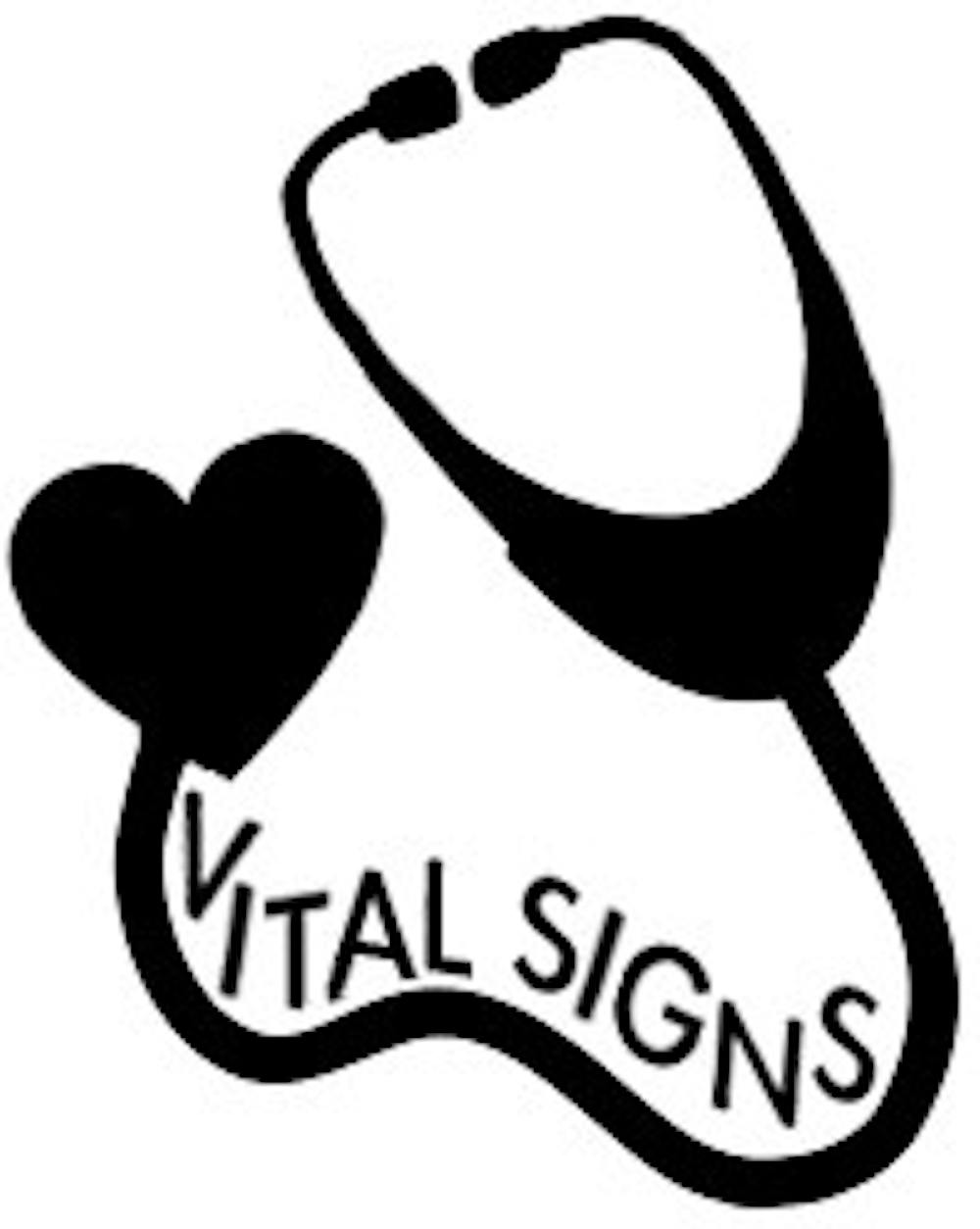By Anna Kellaher
Columnist
Last week, a mumps outbreak started at Temple University and spread to some Philadelphia residents, according to NPR. As of Thursday, March 28, the city’s health department reported 106 cases.
Mumps is a viral infection that affects the saliva-producing glands located near your ears, which causes the cheeks to puff out. The symptoms include swollen salivary glands, fever, headache, muscle aches, weakness, fatigue and loss of appetite, according to the Mayo Clinic.
While incidence of the virus has reduced significantly since vaccination became routine, outbreaks still occur. Outbreaks are more common in close-contact settings like schools and college campuses.
The outbreaks normally affect people who are not vaccinated with the MMR (measles, mumps and rubella) vaccine. According to the CDC, doctors advise that all children receive the MMR vaccine. However, in this case, most of the students affected were vaccinated as children, according to NPR.
The protection that the vaccine provides wears off over time.
“‘By the time (students) get to college, their immunity is lowered,’” said James Garrow, a Philadelphia Department of Public Health spokesperson, according to NPR.
The good news is that there is an MMR booster shot to increase your immunity. The Mayo Clinic says that doctors may recommend a booster if you are in an area that is experiencing an outbreak.
Mumps is spread through saliva and mucus from the mouth, nose or throat of an infected person. Always cover your mouth when you cough or sneeze, avoid sharing items like cups and utensils and wash your hands frequently.







